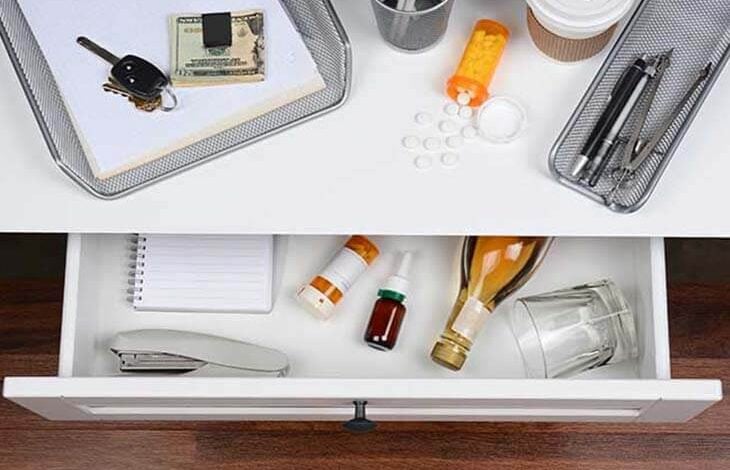“You have major depressive disorder, and I think you will benefit from starting a selective serotonin reuptake inhibitor (SSRI), a commonly prescribed antidepressant.”
This is a common phrase many doctors tell their patients who are struggling with depression.
If you have experienced depression, you most likely have seen a therapist or a physician who has told you that therapy and antidepressants are the best ways to get you back on track to living a healthier and more fulfilling life. Although this is true, each individual responds to therapy and antidepressants in their unique way. You may find that a particular medication that worked for your co-worker did not work for you. You may find that some antidepressants trigger unwanted side effects. You may find that it takes going to three different therapists before you can find one that best fits your needs and comfort level. Learning to live with depression and finding the right combination of medication and therapy can be a steep learning curve for many. So if you don’t succeed at first, remain patient and try again.
When will I feel better?
Recovering from depression takes time, and there’s no quick fix. Antidepressants usually take 4-6 weeks to improve your mood. So, it’s important to stay patient and committed to therapy during this time. With the right treatment and support, you can start feeling better.
What if I don’t notice any improvement?
If you have been consistently taking antidepressants for six weeks without any improvement in your mood, your therapist or doctor may adjust your medication by increasing the dose or trying a different one. This process can take time since treatment varies for each person, and it may involve some trial and error before finding the right medication. It’s important to remain patient, attend therapy sessions, and continue working with your healthcare provider to find the best treatment for you.
Don’t give up hope
With the right medication and therapy combination, you’ll eventually see progress. It might take longer than you anticipated and come with some unexpected challenges, but learning to manage your symptoms over time is incredibly empowering. As you make progress, try to engage in hobbies and activities you used to enjoy and surround yourself with supportive individuals. Maintaining healthy habits, such as getting enough sleep, eating a balanced diet, and exercising regularly, can also be helpful. Joining a depression support group can provide a sense of community and strength. Remember, recovery is a journey, not a race, so be patient with yourself, focus on the positive, and keep moving forward.




